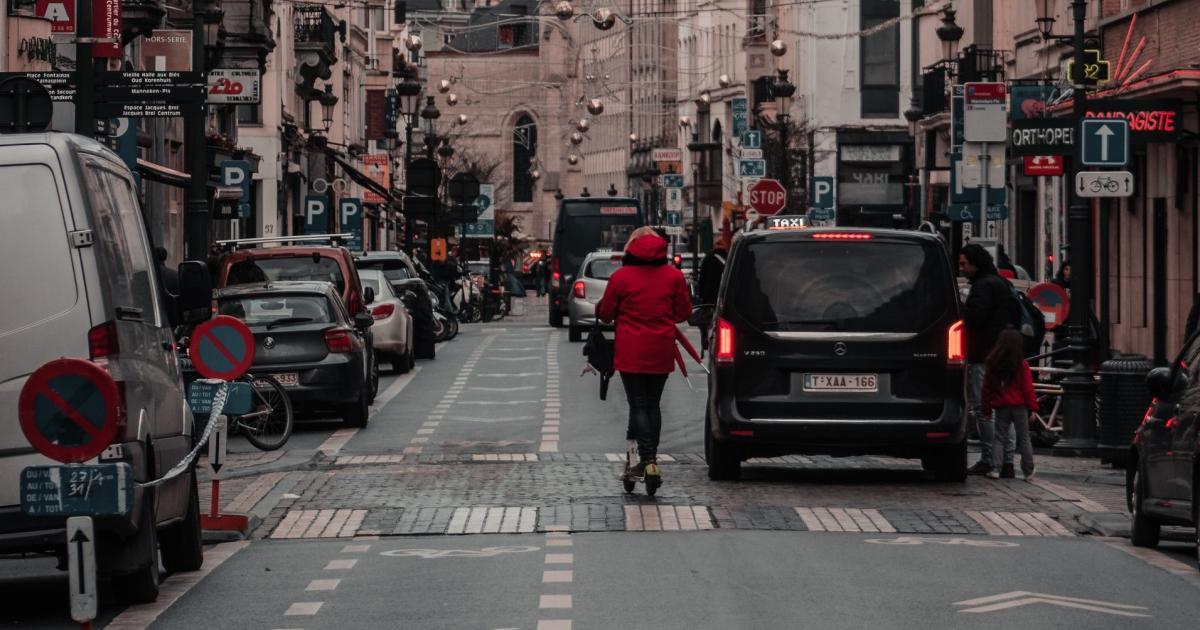Uber is banned in Brussels from Friday
Uber is banned in Brussels from Friday
Controversial court ruling sends some 2,000 drivers to spontaneous protest in Belgian capital
Yesterday, the Brussels Court of Appeal ruled that Drivers can no longer use the Uber app to provide transport services in the market – a decision based on a 2015 order prohibiting the service UberPop. The decision will put 2,000 drivers effectively out of work from this Friday, as the app ban will make it impossible to find customers.
Today, thousands of drivers blocked key roads in the Belgian capital to protest the decision. In an official statement, Uber called this the result of outdated regulations and a government that promised reforms but failed to deliver.
Uber services are against the law
Uber’s pilot project in Brussels was launched in 2014 and was called UberPop. Essentially it was a car-sharing service, where individuals could register to drive people for free. However, in 2015, Belgian courts ruled that the service was not legal and issued a restraining order against the UberPop app.
Since then, the American company has been able to establish itself in Brussels by hiring only divers an FVO/LVC license. It’s the same type of license as limousine drivers hold because it allows the hiring of drivers driving private vehicles.
The Brussels Court of Appeal, however, decided to double down and said the 2015 ruling also applied to the normal Uber app. Crucially, that doesn’t mean that drivers using private vehicles for hire are an illegal practice, the problem is the Uber app itself.
In practice, however, this means that from 6 p.m. on Fridays, November 26, some 2,000 drivers will have no way of finding customers in Brussels. The company said the decision will result in drivers losing their ability to generate income.
Reforms are coming, but they may not be to everyone’s taste
The company took its criticism to the local government because, according to Uber, obsolete regulations from 1995, non-accounting for smartphones, and a failure to reform the sector are the root causes of the legal debacle. Above all, the local government presented a project taxi map back in September.
This plan is based on similar legislation from Flanders which makes carpooling services like Uber similar to traditional taxis. Above all, services that have fluctuating rates depending on demand, as Uber and Heetch will be allowed to retain this functionality. There is a caveat though, there will be a minimum ratethese services are therefore prohibited from using abusive prices to facilitate unfair competition.
Another one crucial difference between licensed limo services and taxis is that traditional taxis will be entitled to parking spaces and will be allowed to use the bus lanes. Drivers with private vehicles will only be able to pick up customers through the app.
The bill also proposes the introduction of a cap on drivers holding a limousine license, similar to that of taxis. Importantly, the plan is not yet finalized and the government hopes to consult the private sector first in order to find the best solutions.


Comments are closed.